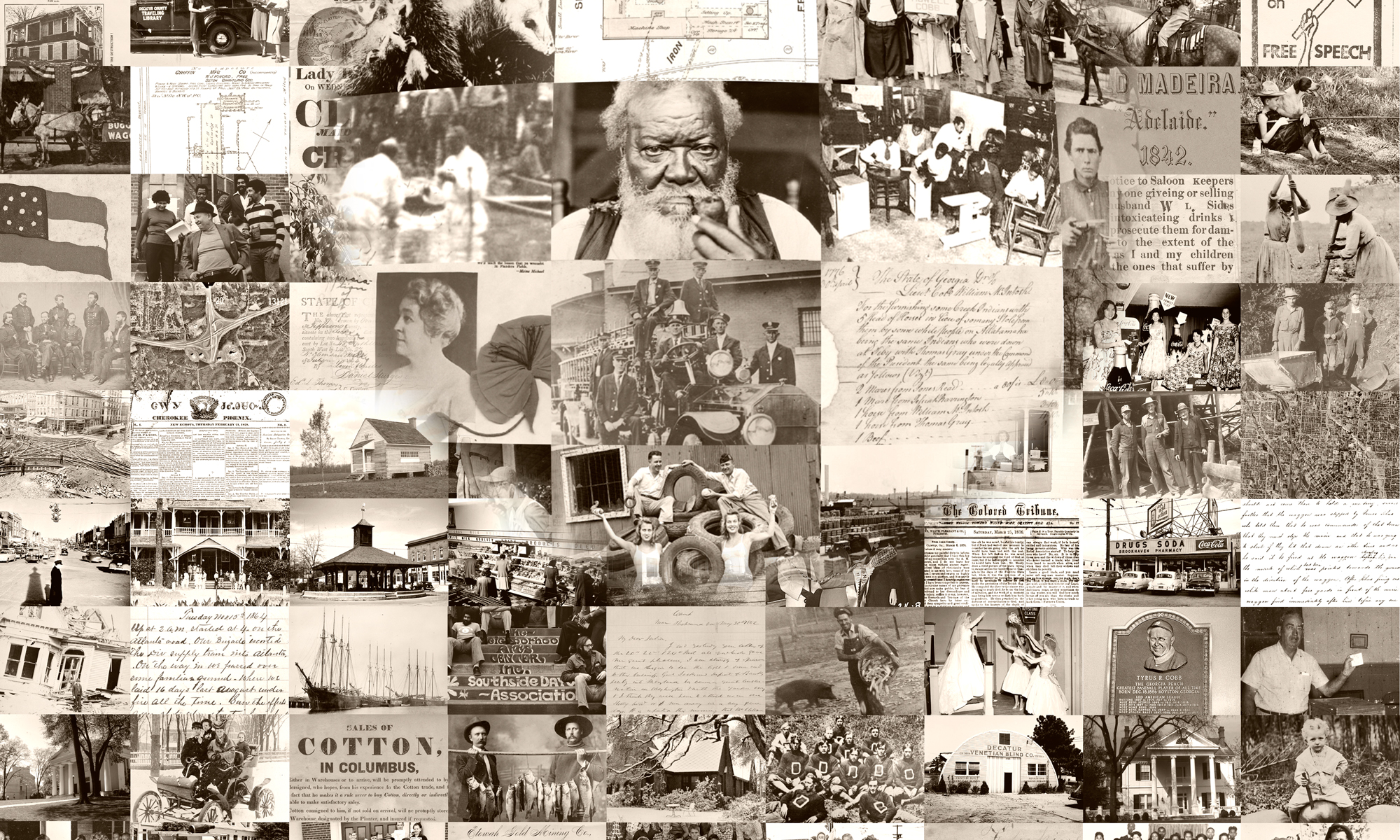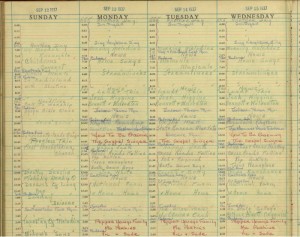Public Library Partnerships Project
In April 2014 the Public Library Partnership Project (PLPP) launched its first one-day workshop. Since then the project has continued to mature and affect public libraries across the country.
Four Digital Public Library hubs are spearheading this project for the Digital Public Library of America (DPLA). These hubs include Digital Commonwealth, Digital Library of Georgia (DLG), Minnesota Digital Library, and Mountain West Digital Library. All four of these hubs have hosted multiple one-day workshops to teach public librarians the fundamentals of digitization and to connect participants to resources for further assistance.
The goal of the PLPP, which is funded by the Bill and Melinda Gates Foundation, is to train public librarians in digital technologies, and to digitize their content so that more people can have access to their archival materials. Ultimately the PLPP will produce two online exhibits per hub. The digitized content from public libraries in the area will provide visual context for these exhibits. This will be a way to globally showcase the materials kept in public libraries around the country.
The Role of the Digital Library of Georgia
As a DPLA hub, the Digital Library of Georgia (DLG) plays a major role in training librarians around the state and digitizing their local content.
The DLG has already hosted three workshops for librarians. The first workshop was held in Macon, the second in Savannah, and the third in Augusta, Georgia. A total of 45 librarians attended these conferences where they learned digitization techniques and best practices.
Since these trainings the DLG has been planning and performing site-visits to libraries around the state. At these visits staff from the DLG pick up suitable materials for the PLPP project and bring them back to be digitized at the DLG office. So far, the DLG has completed 7 site-visits and come away with a total of 1715 objects to be digitized. Additionally, digitization has just begun on the first collection.
What’s Next…
The DLG will continue site-visits through early 2015 and digitization will continue through the spring of next year. Once the digitization has been completed the DLG will begin collaborating with public librarians to create two online exhibits that showcase the materials. These exhibits will be completed by October of 2015. The DPLA will host these online exhibits, which librarians can link to from their own public library website. The ultimate goal of this project is to publicize the valuable archival collections held by public librarians around the country through these online exhibits.


